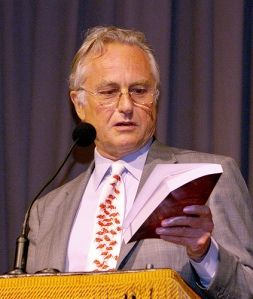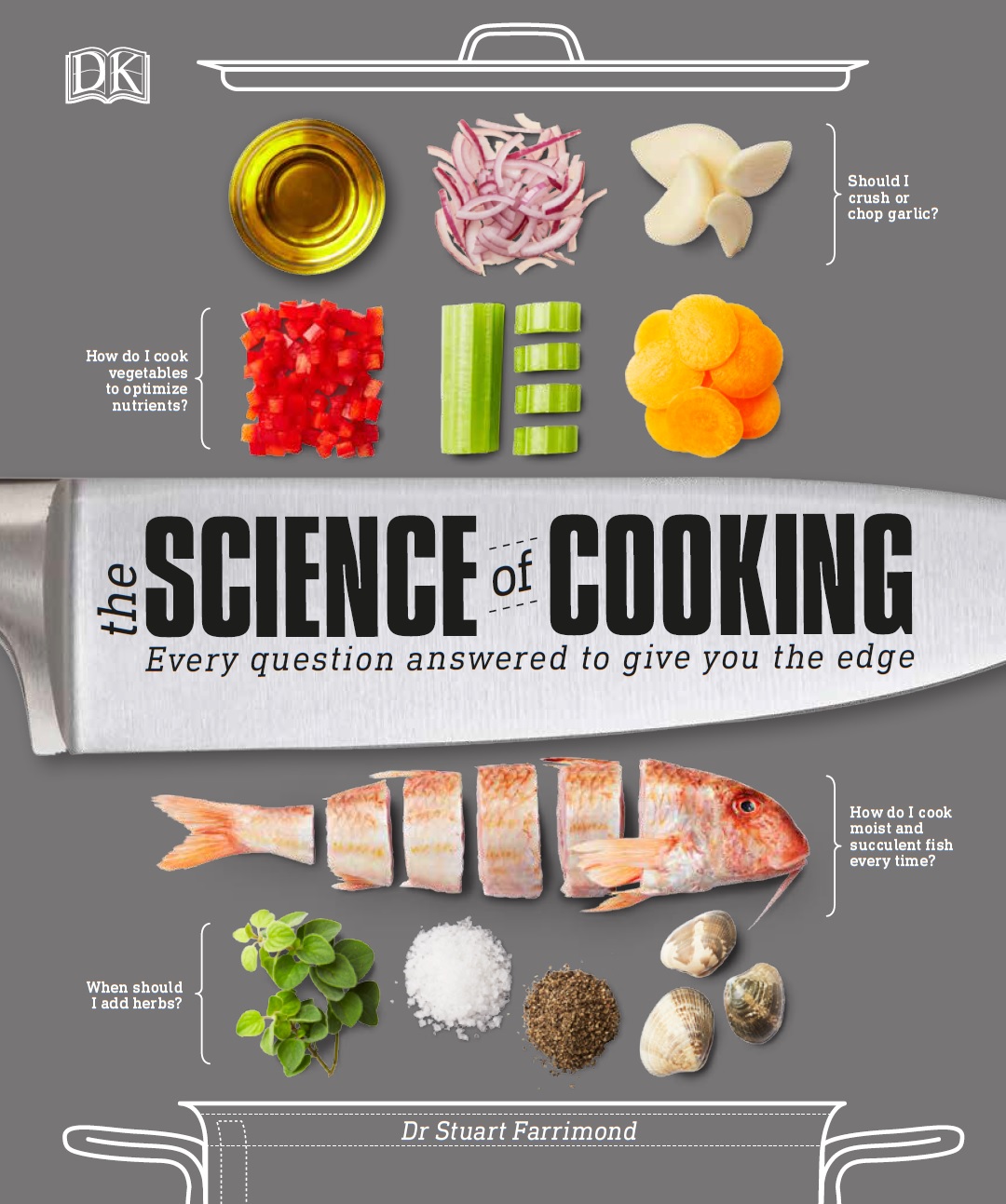![]()
“Do you believe in God?” is not the sort of thing you normally expect to hear in a hospital clinic. But for a group women quietly waiting in a breast health clinic, their wait to see the doctor was interrupted by this question. However, this wasn’t an enthusiastic evangelist trying to win a new convert; it was all in the name of science…
Even if a spiritual dimension cannot be measured, some things can: For example, does a religious belief help people deal with hardship, illness or strife? Many of the faithful would say yes - and that would seem to make sense. A belief in a higher is often presumed to help people cope in times of difficulty - but is this a real effect or just an act of self-delusion? Researchers from Canada have been on the case to try to find out…
Putting Religion on Trial
Nearly 100 women undergoing tests for suspected breast cancer at an oncology centre were intensively quizzed on religious values and psychological well-being. Over a period of two years, as these women underwent surgery and cancer treatments their progress was followed. At regular intervals their coping ability, emotional well-being, and spiritual beliefs were retested. And these researchers from Ottawa didn’t want to do anything by halves: They went to great lengths using a ‘God Image Scale’ and ‘God Image Descriptors’ to quantify exactly how these women saw their ‘God’. Was it possible that women who believed in a caring and benevolent God would fare any better than those who saw life as Godless?
The Healing Power of Religion (or not)
After statistical analysis, the data yielded interesting and some unexpected results:
- Those who professed a religious direction in life coped much better with adversity
- The women who were the most committed to church attendance found it most difficult to cope throughout their ordeal
- Those who viewed God as loving and benevolent tended to cope better
- Religious people who changed their opinion of God over the two years to a being loving and caring had significantly better psychological health
- Viewing God as distant and demanding was strongly linked with unhappiness and spiritual dissatisfaction
Casting a Critical Eye
These types of investigation are often beset with subjectiveness and bias - many times because of the unspoken motives of the researchers. For every piece of research which shows that faith in God helps, there is another that shows no effect. This new study is by no means bullet-proof, but it does make some valid findings in the mysterious interplay between health and spirituality:This researchers confirmed what many of us already suspected: Religious belief can have either a positive or negative effect in our ability to make sense of adversity. Misfortune and hardship is something that touches every life, but here is a piece of evidence to show that it is more important to pay heed to the nature of a belief rather than a simple claim of having or not having one.
So, Mr Dawkins, what do you think…?
.
Thanks for reading - comments and feedback are warmly welcomed!
Explore the debate:
Find out more about Richard Dawkins and what he stands for at his official homepage.
Contribute what you think the meaning of life is at the Alpha course website
A fairly thorough historical explanation of the Science vs Religion debate
Does Evolution Contradict Religion? on About.com
Quotes about religion by Albert Einstein
Reference:
Gall TL, Charbonneau C, & Florack P (2011). The relationship between religious/spiritual factors and perceived growth following a diagnosis of breast cancer. Psychology & health, 26 (3), 287-305 PMID: 20309779












Of course religion makes the life easier, but also promoves hate to other religions, creates false ilusions, promoves submission to the power (which is supposedly given by God to a priest (come on…)), exclusion of the different (above all if they are islamist), impede social development (medical research in stem cells, astronomy in the past, gay rights, women’s equality,…), is the first responsable of machismo that prevails in our society (read the genesis, is amazing…), etc… If anyone want to belive, fine, but in a SXXI society has to exist the freedom of choice.
Posted by NIetzsche | March 30, 2011, 9:12 amHi NIetzsche,
Thanks for the comment!
Do you feel that we don’t have a freedom of choice at the moment? Do you think it would be better to get rid of all faiths?
I just read an interesting little piece in New Scientist suggesting that making a new religion could be a solution to issues with existing ones!! http://www.newscientist.com/article/dn20292-starting-over-choosing-my-religion.html
I don’t think many would go for it. That said, Ron Hubbard had quite a bit of success…
Posted by Stuart Farrimond | March 31, 2011, 8:15 amI think your title for this article is a little provocative. It’s like asking “Should we teach Religion to our children” without defining what you mean by Religion.
Are we talking “Death to Infidels”? Or 600 years of Inquisition and torture? Or “Holy Wars”? Or the other million horrible aspects of “Religion”?
Or, are we talking about the Salvos?
Salvo type attitudes and actions always promote a ‘lifting of spirit’ which promotes rapid healing in ‘wounded’ folk. The ‘Salvo like’ care and personal sacrifice shown by the volunteers in recent natural disasters had a tremendous ‘healing power’..
Simply using the word ‘Religion’ in your question lumps these fine aspects of religion in with all the evil.
Posted by Dr. Max Ward | April 16, 2011, 5:56 amGreat point!
I think you’re absolutely right to say this, religion does come in so many different forms. I agree with you about the horrible aspects of religion (or rather things done in the name of religion) and would hate to been seen to condone these things. The research paper speaks also of religion in these general terms - it is only on closer inspection that it becomes apparent that the vast majority were Christian.
I think a more accurate summary would be ‘Belief in a beneficent and caring theistic God helps promote recovery’. Probably not quite as catchy though…
Thanks for commenting Dr Max!
Posted by Stuart Farrimond | April 16, 2011, 7:21 am